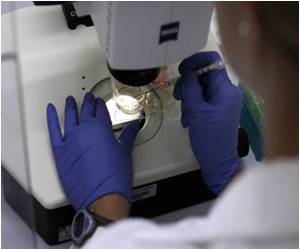A plant named Miquelia dentate Bedd, is a small climbing shrub producing the anti-cancer alkaloid Camptothecine (CPT), which grows sparsely in Karnataka.

The team of scientists from Ashoka Trust for Research in Ecology and Environment, Bengaluru and University of Agricultural Sciences, Bengaluru and Dharwad, who found the plant is now working on its commercial cultivation.
"We plan to introduce this plant in coffee plantations and in arecanut gardens. We have been doing some experiments in this regard with some of the planters in collaboration with Forestry College Sirsi as well as University of Agricultural Sciences, Bengaluru," said one of the lead study authors G. Ravikanth.
"The challenge however is to mass multiply this plant," Ravikanth, fellow at Suri Sehgal Centre for Biodiversity and Conservation under Ashoka Trust for Research in Ecology and Environment, Bengaluru, noted.
Camptothecine is an important anti-cancer compound extracted from several plant species belonging to Asterid clade. It is a potent inhibitor of the intra-nuclear enzyme topoisomerase-I, which is required in DNA replication and transcription.
Several semi-synthetic drugs such as Hycamtin (topotecan) and Camptostar (irinotecan or CPT 11) are derived from CPT and are currently in clinical use against ovarian, small lung and refractory ovarian cancer.
Several plant species producing CPT have been found in India. But the demand for CPT has resulted in extensive felling of the woody trees and plants like Nothapodytes nimmoniana, which is now on the verge of extinction and declared vulnerable.
Source-IANS
 MEDINDIA
MEDINDIA




 Email
Email





